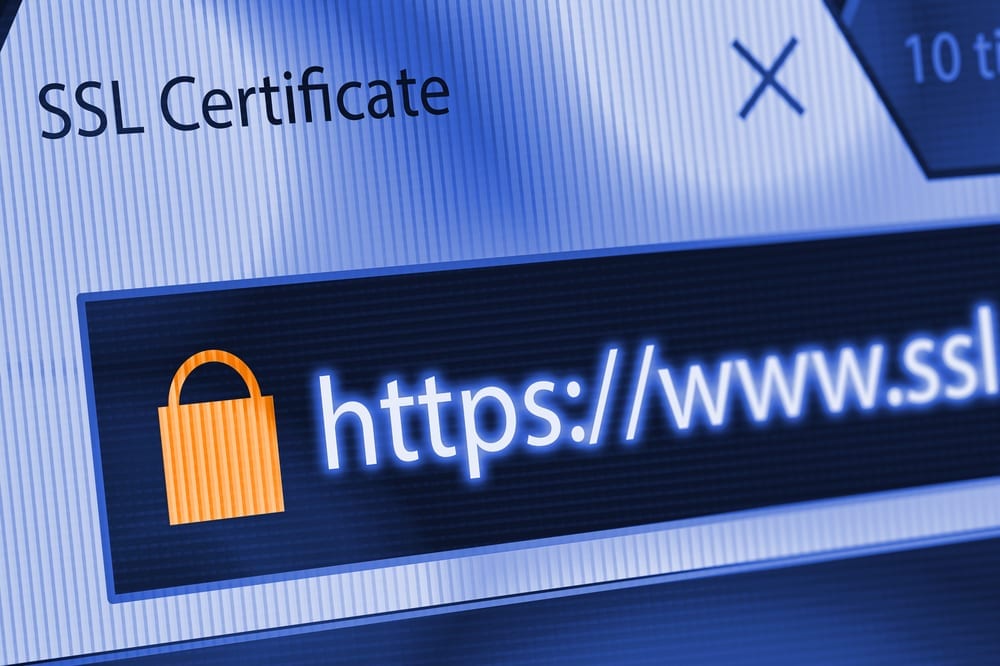Certainly by now you’ve either heard or experienced the devastating blow that a cyber attack can deliver first-hand. From lost sales to damaged reputation, the effects of a cyber attack can extend well beyond just your website. Just look at the catastrophic security breach at Sony and how it affected their image and brand value.
If these reasons alone aren’t enough to convince you about the importance of website security, then you should know that hosting, maintenance and security measures play a vital role in SEO too. The logic is pretty simple: your prospects won’t spend too much time on your website or even visit it if they perceive it as insecure. And, if users care about website security, then Google cares about it too. That’s why the search engine announced in 2016 that HTTPS encryption would be one of the most important ranking signals they use to deliver search results to users.
That said, here are the top three website security issues you need to address to ensure that your site is safe and search engine-friendly.
Hyper Text Transfer Protocol Secure (HTTPS)
Typical HTTP traffic is sent between the visitor’s browser and the website as plain text. That means that hackers can read any data transferred during this process. One way to avoid this issue is by purchasing an SSL certificate.
SSL certificates activate the HTTPS protocol and are crucial for ensuring that your website is secured, especially when you’re handling sensitive information such as credit card data. HTTPS encrypts all data transferred between the user and the website they’ve accessed.
Since Google made HTTPS an essential ranking signal, sites that don’t use this protocol may display an alarming message from Google: “This site may be harmful.” Needless to say, this message will impact your SEO ranking, web traffic and ultimately your bottom line.
Malware Detection and Removal
Search engines now warn users about potentially dangerous websites by labeling them with a message that says: “This website may be hacked.” Therefore, not only can a malware attack affect the fundamental operations of your website, but it can also impact your search ranking.
An excellent way to mitigate malicious attacks is to use scanning software that automatically checks and removes any malware from your site. Even if malware has been able to penetrate your line of defense, a malware removal tool is more than enough to fix this issue before it turns into a costly problem.
Another great idea would be to move your website from WordPress to a dedicated hosting platform. According to a 2016 report, 78% of the infected websites were built on WordPress platforms.
If you can’t afford to pay for dedicated hosting, then you should at least make sure that your plugins are up-to-date. According to the study mentioned above, outdated plugins are the number one cause of malware infection.
Avoid Being Blacklisted by Google
If, in spite of your best efforts, your website has been hacked, then you need to act quickly. Google, as well as other search engines, might blacklist your website if it has been infected with malware. Blacklisting means that your website will be removed from the search engine index altogether (ouch!).
The process of getting your website back in Google’s graces is difficult and time-consuming. Even if you’ve cleaned your site and improved security, it might take a while until the search engine reviews your site and gets it off the blacklist.
To avoid such situations, have a backup of your website. That way, if disaster strikes, you can act before Google has a chance to put your site on the blacklist.
As more and more companies are moving their business online, security has become a sensitive topic. Both users and search engines want to know that the websites they’re navigating on won’t harm their computers. Address these security issues to keep your site secure and increase your search ranking.


